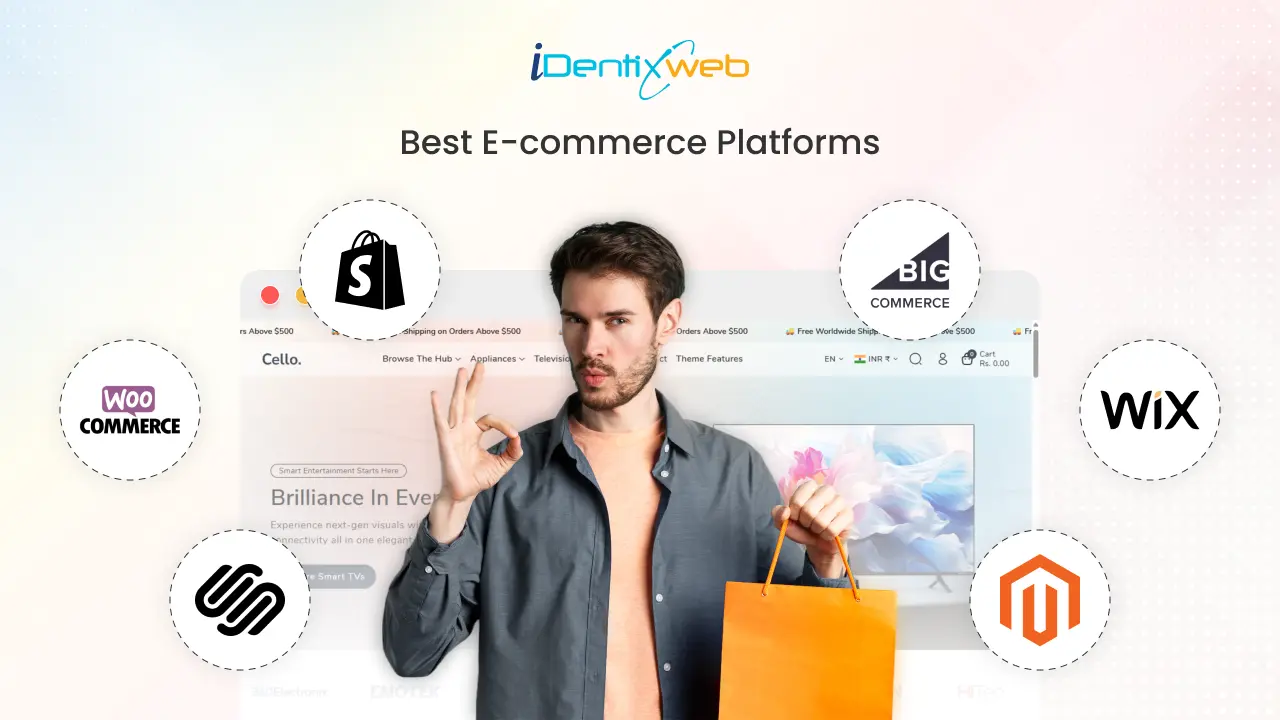
Running an ecommerce business is genuinely thrilling. You get the chance to create a brand, set up a website, and showcase your products to the world.
However, as you delve into your to-do list, it's essential to pause and consider the future of your business. What ecommerce platform will you need down the line?
This article examines the best ecommerce platforms for launching an online business. Review the features and pricing plans of these popular software options, keeping your overall business strategy in mind as you evaluate each platform.
What is Ecommerce Platform?
An ecommerce platform is software that enables businesses to sell products online. This will provide you with the ability to create an online storefront, manage inventory, collect payment, and take care of all of the other areas of selling online.
How to Choose the Best Ecommerce Platform
Choosing the best ecommerce platform for your small business can truly make a world of difference.
Here are again a few key points that you need to look into to ensure that the platform works best for your needs:
- Ease of Use: Choose a simple-to-use platform if you are just beginning on your online store journey. Avoid unnecessary stress by ensuring that you set everything up and manage everything else effectively.
- Reliable Support: A good customer support system is vital in solving any arising problems. Having access to good customer service or active online communities so that it would ease the process.
- Customization Options: If you want your store to stand apart, you must select a platform that allows you to customize both the design and functionality. Look for platforms that offer custom themes and apps to achieve your goals.
- Security: You'll want to ensure that your platform has secure payment processing and data protection measures in place to keep your customers' details safe.
- AI Integration: There are several platforms with built-in AI to automate process like customer support, custom product recommendation, inventory management & more to make your store efficient and customer friendly.
- SEO Features: Choose a platform that offers good SEO features to ensure that your store is well-ranked on search engines. Find a system that already includes tools that let you optimize product pages, URLs, meta tags and images.
Best Ecommerce Platforms for B2B Businesses in 2025
Here are the best ecommerce platforms for beginners:
Shopify

Shopify is subscription-based software that allows anyone to set up an online store and sell their products. It has a range of apps for managing sales, running stores and growing businesses.
Pricing Plans:
- Basic Shopify Plan: $39/month
- Shopify Plan: $105/month
- Advanced Shopify Plan: $399/month
- Shopify Plus: Starting at $2,000/month.
Pros:
- Easy to use with an intuitive interface, ideal for beginners.
- Wide range of customizable themes.
- An extensive app marketplace for adding additional features.
- Seamless integration with multiple payment gateways.
- 24/7 customer support and a comprehensive knowledge base.
Cons:
- Transaction fees are required unless using Shopify Payments.
- Limited design customization without technical knowledge.
- Additional app costs can add up for small businesses.
BigCommerce
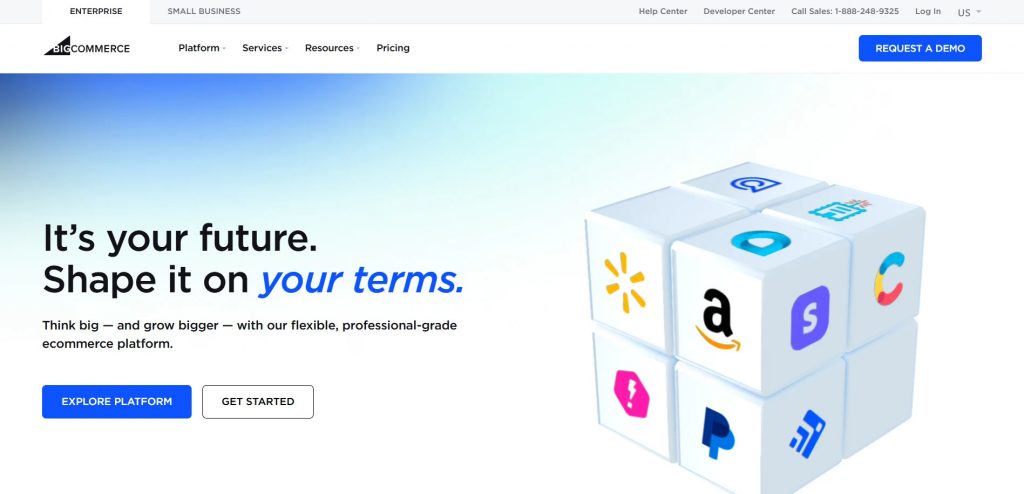
This is the best wholesale ecommerce platform, focused on making it easy to set up a business of any size, offering a scalable solution that’s already widely used by companies of all sizes to create, manage and grow online shops.
It’s a SaaS (Software-as-a-Service) platform, where you can subscribe to the platform and access all the features you want without worrying about hosting or infrastructure management.
Pricing Plans:
- Standard Plan: $39/month
- Plus Plan: $105/month
- Pro Plan: $399/month
- Enterprise Plan: Custom pricing
Pros:
- Built in advanced SEO tools and customizable products are available in the platform.
- Built in B2B features available - bulk pricing and wholesale customers.
- Built with scalability in mind for small and larger enterprises.
- No transaction fees, even with external payment gateways.
- Easy integration with popular platforms like payment processors and shipping. integrations.
Cons:
- Difficult learning curve due to the variety of features available.
- Limited number of free themes available, expensive premium themes.
- External payment gateway fees might be incurred even with no transaction fees for BigCommerce.
Wix
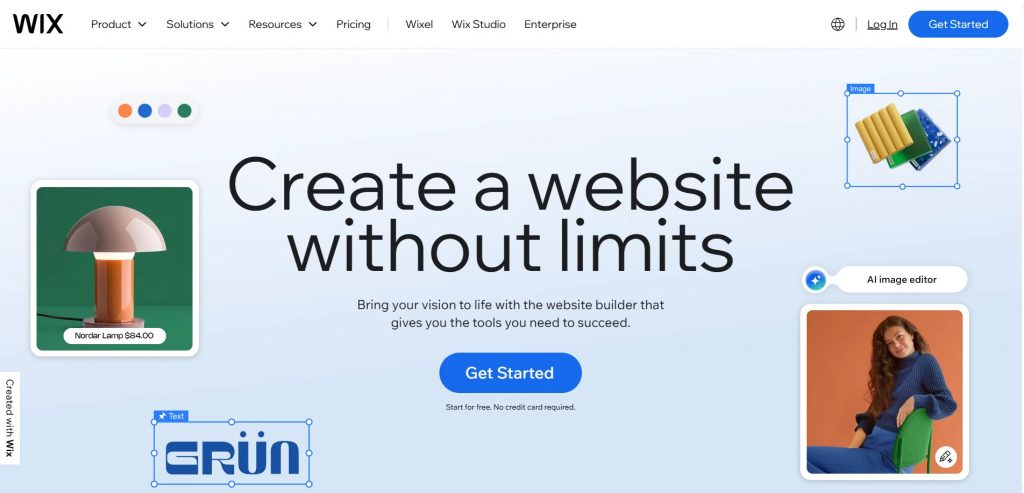
Wix is a cloud-based web development platform that provides users with HTML5 capabilities, allowing them to build any website using its easy drag-and-drop editor.
Pricing Plans:
- Free Plan: Available
- Business Elite: $20/month
- Business: $10/month
- Core: $5.82/month
- Light: $2.91/month
Pros
- Easy to use with drag-and-drop functionality.
- Cost-effective pricing plans for small businesses.
- Wide selection of templates for an attractive store.
- Built-in eCommerce features like payment processing, inventory management, and shipping options.
- App marketplace for extended functionality.
Cons
- Limited scalability for businesses with large inventories.
- Transaction fees apply if you are not using Wix Payments.
- Less design flexibility compared to Shopify or BigCommerce.
- Advanced features, like SEO tools, are available only on higher plans.
Squarespace

Squarespace is the best website builder for building and hosting websites. It provides a range of tools to help individuals & small businesses from personal websites to ecommerce and portfolios, etc., through using user-friendly templates and a simple drag and drop interface.
Pricing Plans:
- Personal: $16/month
- Business: $23/month
- Commerce: $28/month
- Advanced Commerce: $52/month
Pros:
- Elegant templates professionally designed to help your store look beautiful.
- All-in-one platform - with hosting, SSL certificates, and domain purchases as part of your monthly fees.
- Templates are mobile optimized, so your customers can have the same shopping experience on their devices.
- This is great for businesses especially if they need to manage content long side their store, like blogs.
Cons:
- There are fewer eCommerce features compared to more sophisticated platforms, such as Shopify or BigCommerce.
- There are transaction fees, unless you use Squarespace Payments.
- There are not many third-party tools as their app marketplace is smaller (compared to Shopify or BigCommerce).
Magento
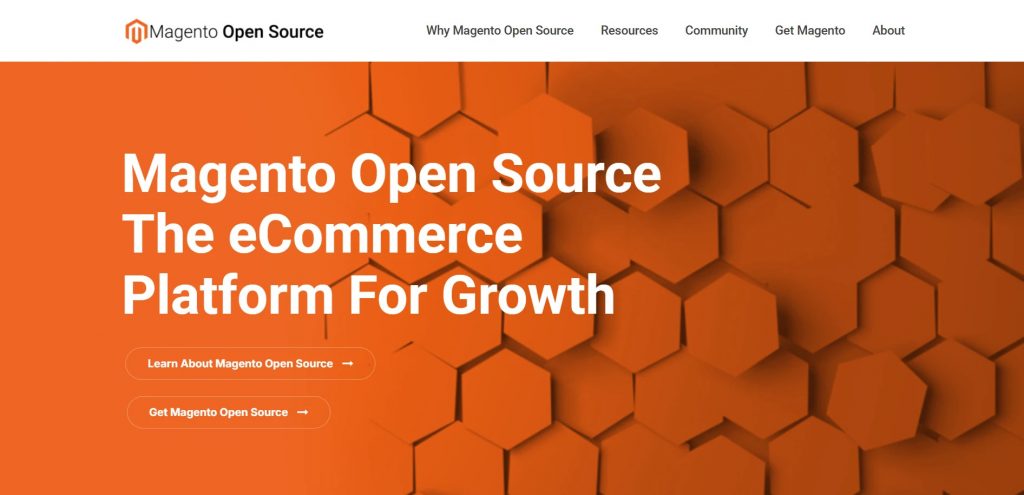
This is a well-loved, open-source and B2B ecommerce platform that stands out for its incredible flexibility and scalability. It's a go-to choice for businesses looking to create and manage their online stores. With a vast array of features and customization options, it caters to the needs of both small startups and large enterprises.
Pricing Plans:
Magento Commerce doesn’t follow a set cost structure. It’s flexible and can be adjusted to suit your needs. There are two main options:
- You can download and use it for free, but you’ll be responsible for hosting, security, and development expenses.
- This is an enterprise-level solution that comes with a yearly starting cost of about $22,000. The price changes based on business size and the features you need. It also includes hosting, security, and support services.
Pros:
- High customization for complex businesses.
- Ideal for large businesses with high traffic and product catalogs.
- Strong SEO tools for better search engine visibility.
- Scalable to support business growth.
- Supports both B2B and B2C models.
Cons:
- Requires technical knowledge for setup and maintenance.
- High costs for development, customization, and hiring developers.
- Doesn’t include hosting; separate hosting is required.
- Performance issues may arise if not optimized properly.
WordPress
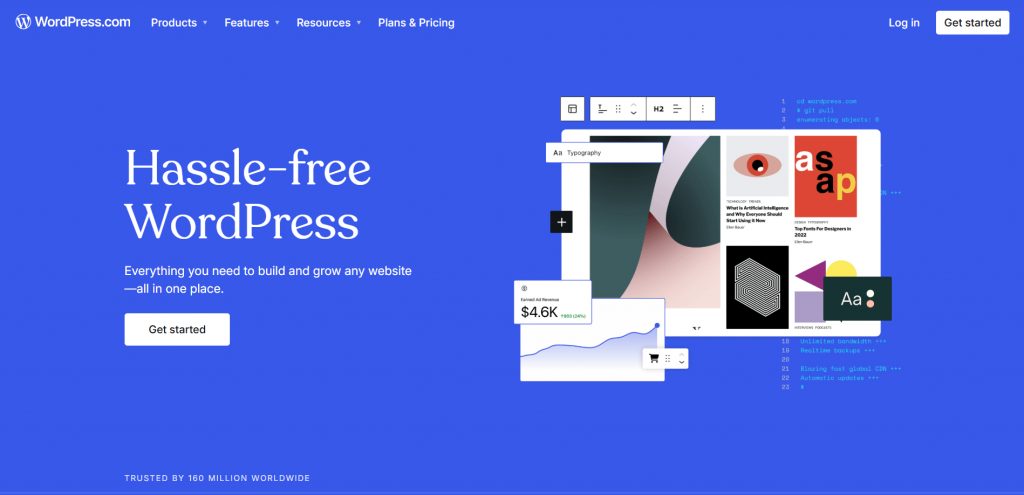
WordPress is a widely-known open-source content management system (CMS) that provides and quick and easy way to get a website online. It was created as a blogging platform before it turned into a full-on solution for all websites, from personal blogs to business sites and online stores.
Pricing Plans:
- Personal: $4.89/month
- Premium: $9.20/month
- Buisness: $14.67/month
- Commerce: $26.09/month
- Enterprise: $25000/year
Pros:
- Free to use, making it cost-effective for businesses on a budget.
- Seamlessly integrates with WordPress, ideal for existing WordPress users.
- Highly customizable with lots of plugins and themes.
- Can sell physical or digital products.
- A vastly growing community to be apart of for support and resources.
Cons:
- Self-hosted, which adds more management and security overhead.
- A lot of the good stuff is behind paid plugins or themes.
- Performance issues may arise with extensive inventories or high traffic without proper optimization.
Salesforce
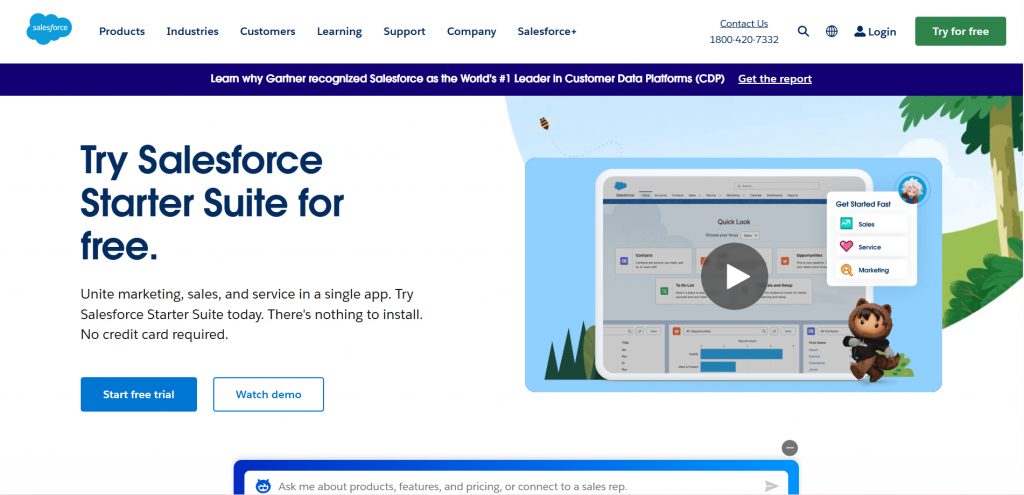
Salesforce is a cloud-based software company that specializes in customer relationship management (CRM) services and a variety of business applications. It’s designed to help businesses connect with their customers, manage sales, enhance customer service, and optimize marketing efforts.
One of the standout features of Salesforce is its Customer 360 platform, which brings different teams together by providing a unified view of customer information.
Pricing Plans:
- Essentials: $25/user/month
- Professional: $100/user/month
Pros
- Highly customizable for a wide variety of business.
- Comprehensive range of tools and features for sales, marketing, and customer service.
- Connects with numerous third party applications and platforms.
- Strong analytics and reporting features for measuring business activity.
- Can scale to meet the needs of small business through to large enterprise.
Cons
- It can be costly, primarily for smaller businesses subject to pricing structure.
- Learning curve may be difficult without training.
- Some features and customizations may require technical knowledge or support from a developer.
- Overwhelming for businesses with simpler needs due to the extensive features.
Hostinger
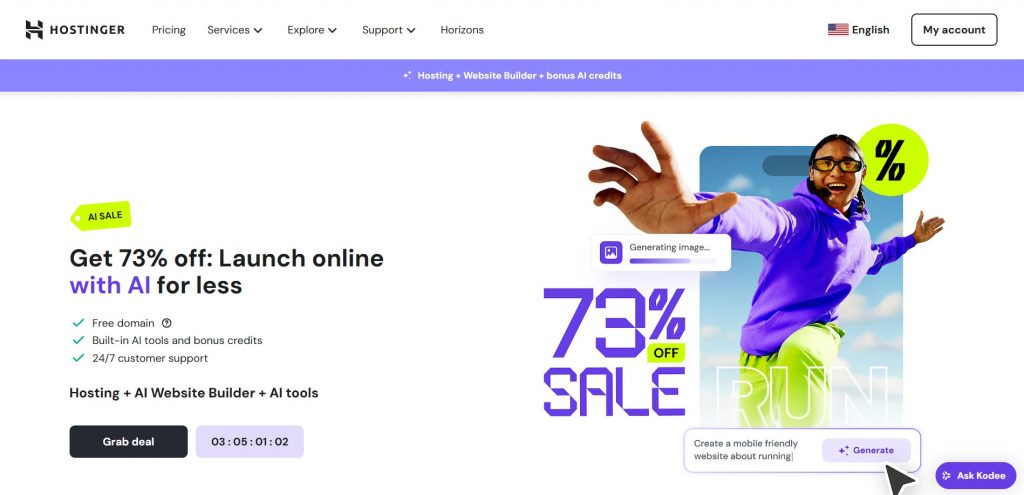
Hostinger is a web hosting provider that has a range of services to help both individuals and businesses set up an online presence. The company was established in 2004 in Lithuania and has massively expanded since, now providing its service to millions of users in numerous countries around the world.
Pricing Plans:
- Premium: $2.99/month
- Business: Starts at $3.99/month
- Cloud Startup: $7.99/month
Pros
- No cost- free to use with no further licensing fees.
- Highly customisable - can be built out using extensions or building templates.
- Support various languages, currencies and tax functions, great for international businesses.
- Many extensions and themes to choose from.
Cons
- Self-hosted - have to look after your hosting/security, etc.
- To get started, you'll need technical knowledge, and if you're looking to use extensions for more advanced functionality.
- Fewer built-in marketing tools and SEO functionality than some other platforms.
- Some third-party extensions can be expensive and have compatibility issues with other extensions.
Square
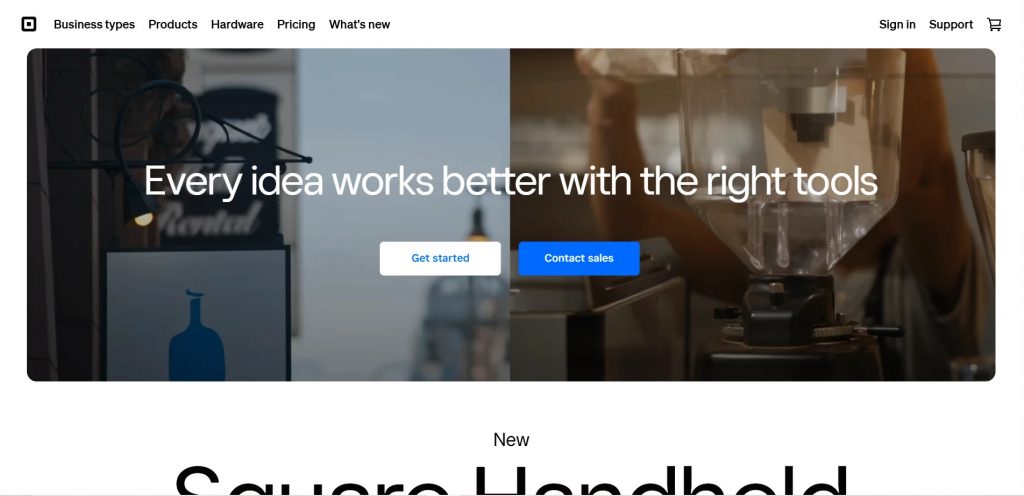
Square offers a full range of point-of-sale and payment processing solutions, including allowing businesses to accept payment on a smartphone. Particularly, it's a big hit amongst small businesses, restaurants, and retailers because of the simple interface and built-in payment processor.
Pricing Plans:
- Free Plan: Offers basic features, including payment processing and a free online store.
- Square Plus: $49/month
- Square Premimum: $149/month
Pros
- Easy setup for online and in-person transactions.
- No monthly fees; pay-per-transaction pricing.
- Free online store builder with integrated payment processing and invoicing.
- Accepts credit cards, digital wallets, and ACH transfers.
- Ideal for businesses needing a POS system integrated with their online store.
Cons
- Transaction fees can add up, especially for larger volume businesses.
- Limited customization options for advanced users, especially in design and features.
- Some advanced features are locked behind higher-tier plans.
- Not as feature-rich as some other dedicated eCommerce platforms like Shopify.
OpenCart
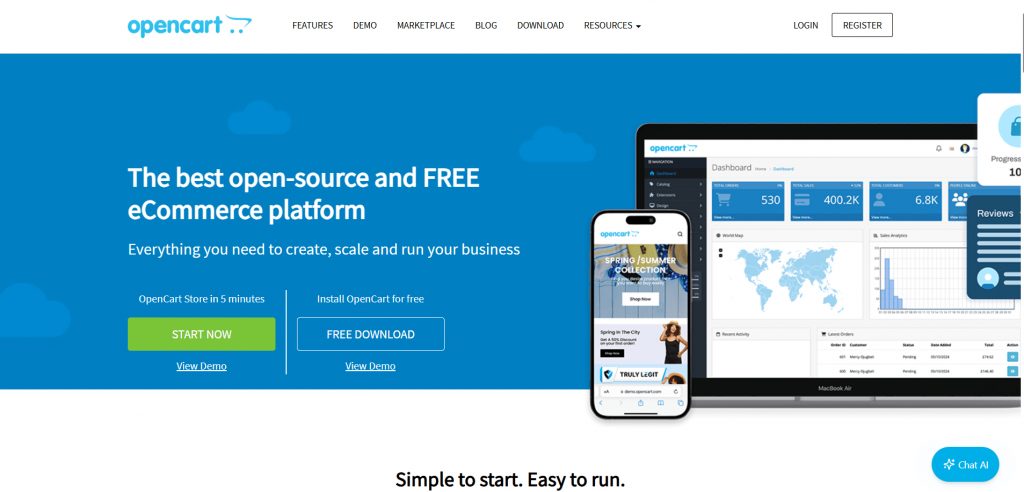
OpenCart is a free and open-source e-commerce platform that enables you to easily set up and manage your online store. An evergreen choice for companies both large and small, Slack is a simple yet highly customizable messaging technology. Written in PHP, it supports MySQL and PostgreSQL databases.
Pricing Plans:
- Free: Free to download and use.
- Paid Extensions: Many features and integrations are available as paid extensions, which can range from $10 to $200+ depending on functionality.
Pros
- Free to use, with no fees for licensing.
- Easily extensible by use of extensions and templates.
- Why It May Be Right for You: You need multiple languages, currencies, or tax options, used by a business with an international reach.
- Large number of extensions and themes for additional functionality.
- Quite active community for support; extensive number of tutorials and resources available.
Cons
- Requires self-hosting, so you’re on the hook for hosting and security.
- May need some technical know-how to get up and running and to customize, especially for power users.
- Limited inbuilt marketing and SEO features as against the others.
- Certain third-party extensions come with a cost and may be incompatible.
Get Started on Your E-commerce Journey
Whatever the size or type of your business, there’s an ecommerce platform just right for you. Choosing the best ecommerce platform will be your store’s bedrock.
Ready to grow your online business? Get started today by choosing the best online store platform for a small business for you, and start creating your prosperous online store!
FAQs
1. Is Shopify the best ecommerce platform?
Shopify is the best ecommerce platform for small businesses looking for scalability. And an extensive app ecosystem.
2. Can I sell digital products on ecommerce platforms?
Yes, platforms like Shopify, WooCommerce, and BigCommerce allow you to sell digital products such as ebooks, music, or software.
3. Can I switch ecommerce platforms later?
Yes, you can switch platforms, but it may require data transfer, site redesign, and marketing adjustments.
4. Are ecommerce platforms secure?
Yes, there are platforms like Shopify, BigCommerce, and WooCommerce that offer secure payment processing and data safety.
5. Do I need coding skills to use ecommerce platforms?
There are platforms like shopify and Wix that are easy to use, some advanced customization and a few vast platforms require coding skills.


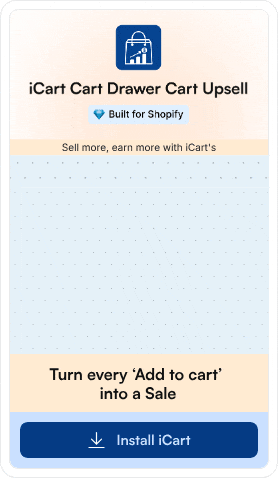
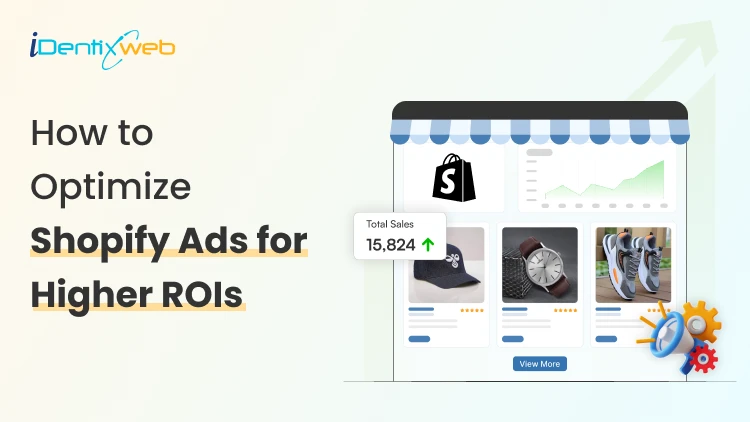
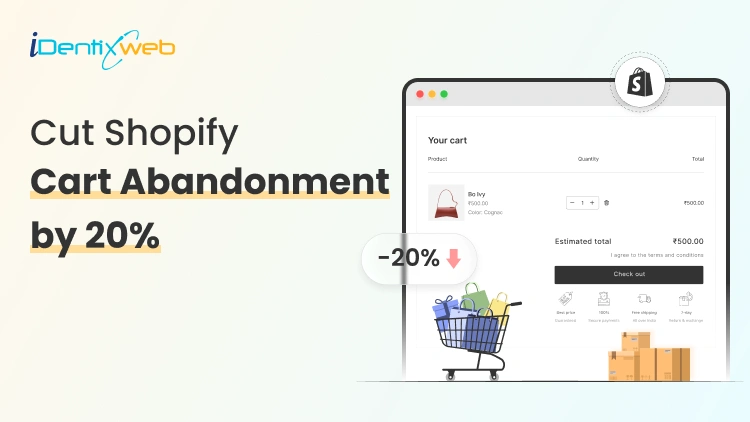
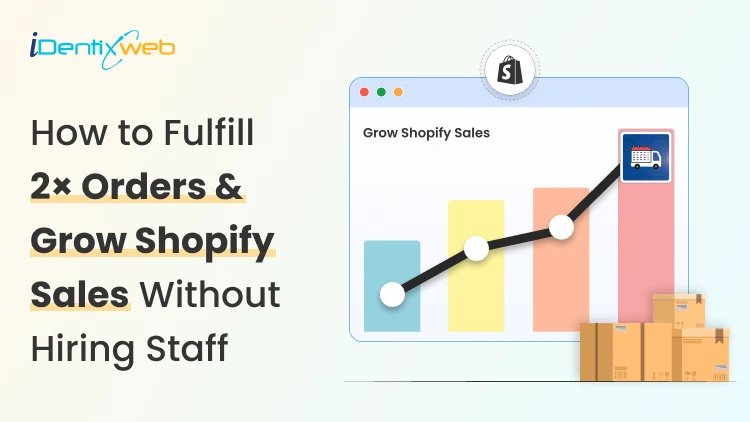

About the author
Bhavesha Ghatode
Explore Content with Bhavesha, a passionate and dedicated technical content writer with a keen understanding of e-commerce trends. She is committed to sharing valuable insights, practical assets, and the latest trends that can help businesses thrive in a competitive environment.